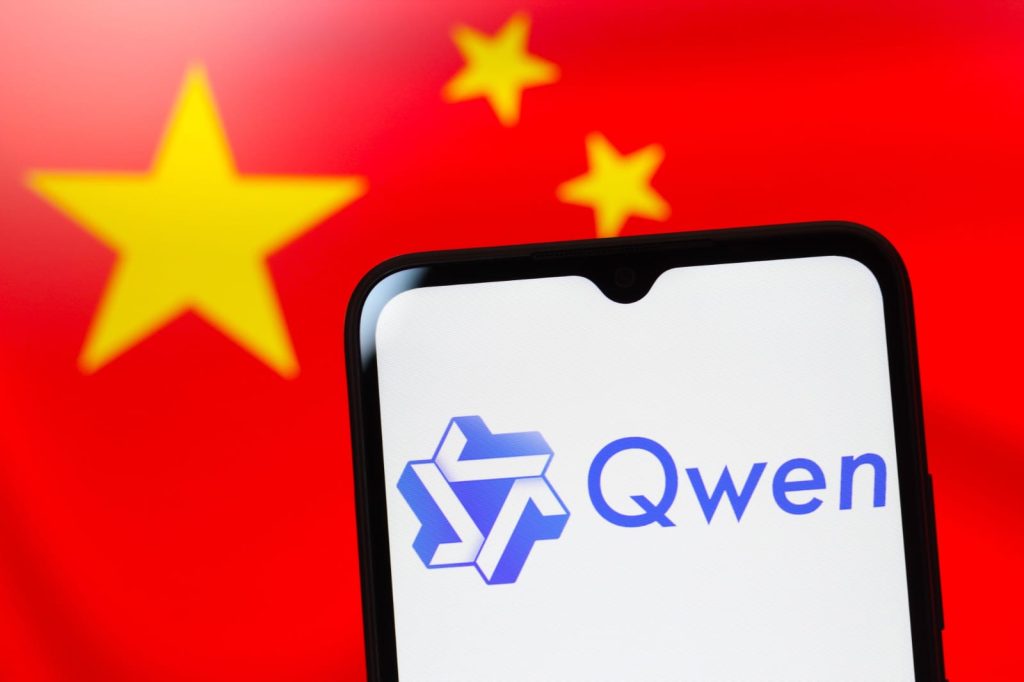Chinese technology companies have now openly entered in global AI competition and are launching robust and efficient AI models frequently to compete with US Silicon Valley’s popular models. Alibaba, an e-commerce giant, has introduced its powerful new image-generation model, Qwen VLo.
The advanced AI tool has been developed to create, transform, and comprehend visuals through text and image prompts and represents yet another huge milestone in China’s aspirations to take the global lead in AI.

Launched recently, Qwen VLo is building on the success of earlier models QwenVL and Qwen2. 5 VL, but with a substantial step up in quality and control. The new model employs a progressive approach to generation, constructing images incrementally from top to bottom and left to right. This approach offers greater accuracy, especially in detailed or complex visual edits.
Qwen VLo can efficiently understand user guidelines with open-ended descriptions, like- changing artistic style, applying weather effects to a scene, or time period of a scene. It is capapble of taking instruction in multiple languages, including Chinese and English.
Unlike previous designs, Qwen VLo is able to retain crucial details while making the changes. For instance, if a user wants to make only a color adjustment, it doesn’t change parts of the image that are not directly affected. This also makes it great for professionals who need to design posters, illustrations, banners, and social media graphics.
One of its impressive features is multiple image input, in which users can upload multiple images and instruct the AI to combine and modify them together. For example, placing products inside a basket based on user commands. Although this feature is not fully launched yet, it illustrates the capabilities of the model.
Qwen VLo also features dynamic resolution training, where it can resize images into formats such as 1:1, 3:4 or 16:9. With all these impressive attributes, Alibaba advises that the model is still in the preview stage and that some errors or inconsistencies might occur.
Alibaba, best known for e-commerce, is making a big bet on AI. Its CEO, Eddie Wu recently stated the company’s future lies in developing human-level AI systems. In February, Alibaba announced that it would spend $52 billion over the next three years on AI-focused infrastructure.

